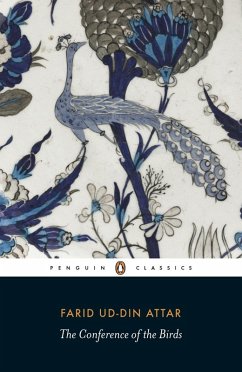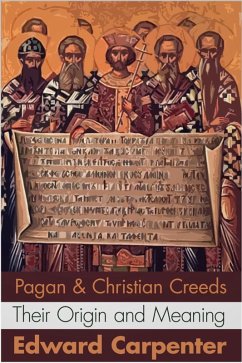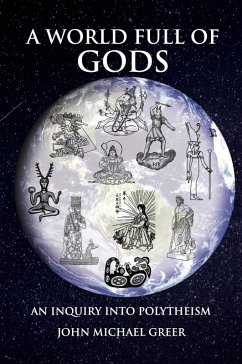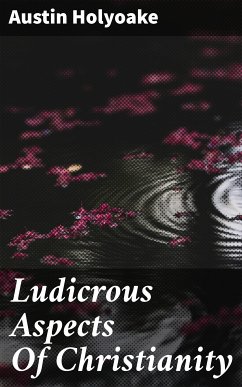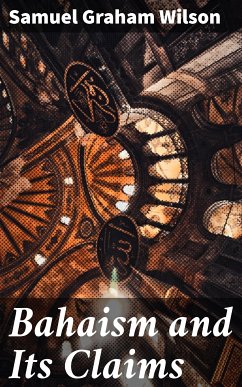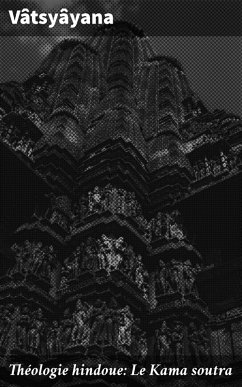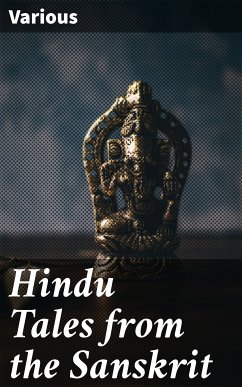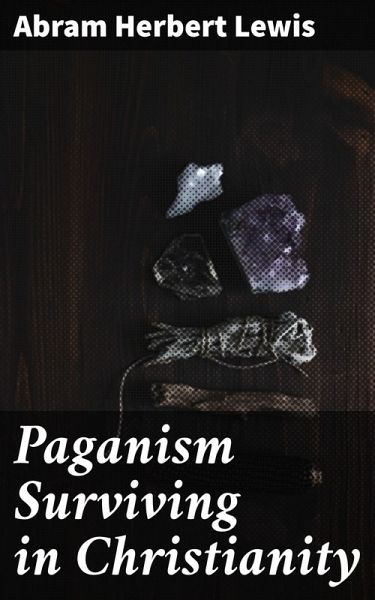
Paganism Surviving in Christianity (eBook, ePUB)
Unveiling the Hidden Roots: The Interplay of Paganism and Christianity

PAYBACK Punkte
0 °P sammeln!
In "Paganism Surviving in Christianity," Abram Herbert Lewis embarks on a scholarly exploration of the interwoven threads of pagan practices that persist within contemporary Christian traditions. Lewis employs a comparative and historical analysis, blending literary and folkloric discourse to unveil the remnants of ancient beliefs amidst Christian rituals and teachings. His keen insights into religious syncretism illuminate how various elements from pagan cultures have been absorbed, reinterpreted, and sometimes overlooked, enriching the narrative of religious evolution. The book'Äôs eloquen...
In "Paganism Surviving in Christianity," Abram Herbert Lewis embarks on a scholarly exploration of the interwoven threads of pagan practices that persist within contemporary Christian traditions. Lewis employs a comparative and historical analysis, blending literary and folkloric discourse to unveil the remnants of ancient beliefs amidst Christian rituals and teachings. His keen insights into religious syncretism illuminate how various elements from pagan cultures have been absorbed, reinterpreted, and sometimes overlooked, enriching the narrative of religious evolution. The book'Äôs eloquent prose and methodical structure provide a compelling academic foundation, allowing readers to engage deeply with the themes of spirituality and cultural adaptation. Abram Herbert Lewis, a distinguished theologian and historian, has devoted much of his academic career to the study of religious transformation and cultural interchange. His background in classical studies, coupled with a profound interest in the dynamics of belief systems, informs his analysis in this work. Lewis's extensive research draws upon a wealth of sources, allowing him to present a nuanced perspective that challenges conventional understandings of Christian theology and practice. This book is a valuable resource for scholars, theologians, and general readers alike, inviting them to reconsider the foundations of their beliefs and the rich tapestry of traditions that continue to influence contemporary spirituality. "Paganism Surviving in Christianity" not only deepens the understanding of religious history but also serves as a reminder of the enduring power of ancient beliefs in shaping modern faith.
Dieser Download kann aus rechtlichen Gründen nur mit Rechnungsadresse in A, B, BG, CY, CZ, D, DK, EW, E, FIN, F, GR, H, IRL, I, LT, L, LR, M, NL, PL, P, R, S, SLO, SK ausgeliefert werden.




